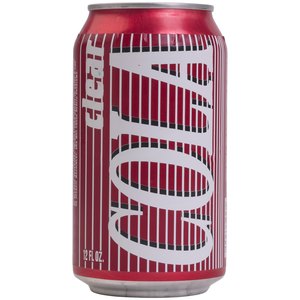
For well over half a century, governments and civic organizations have encouraged recycling. The benefits are many. For one thing, recycling keeps to a minimum the waste that would otherwise end up in landfills or be combusted. As an economic advantage, recycling bottles and cans means less mining and fewer imports from overseas, while ecologically, it saves energy and mitigates pollution.
It is no surprise, then, that recycled materials would carry some cash value. Manufacturers save money with recycled glass and aluminum for instance. Some states will compensate donors of recycled materials. What about New Jersey, the Garden State?
Recycling Law in New Jersey
By statute, the state government mandates recycling by every business, educational institution, hospital and prison. Residences, too, must recycle, though this rule is more difficult to enforce. Most homeowners abide by it nonetheless. Recycling is usually collected at curbside.
Still, the law, including the New Jersey Statewide Mandatory Source Separation and Recycling Act, gives each of the 21 counties of the Garden State the autonomy to work out its own recycling plan in accordance with the law's numerous provisions. This liberty is granted because each county sits in different proximity to where recycled materials eventually end up.
Some counties, for example, collect recyclables on a dual-stream basis, while others do so in a single stream. The former requires paper goods to be compiled separately from bottles and cans. The latter has all recyclable products received together. Also up to county authorities are which compositions among bottles are eligible for recycling.
Almost all plastic containers sport a recycling code, one through seven, that signifies chemical components and density. Counties will have different preferences, again based on nearness to recycling end locations. All of these things will be processed into raw materials.
Read More: 8 Ways to Make Extra Cash for the Holidays
How Can I Get Paid for Recyclable Items?
New Jersey is not governed by a bottle bill, as 10 other states are:
- California
- Connecticut
- Hawaii
- Iowa
- Maine
- Massachusetts
- Michigan
- New York
- Oregon
- Vermont
Bottle bills attach a modest deposit to the price of a beverage or liquid. This deposit is then returned to those who submit qualified cans and bottles to a public recycling center. In principle, you buy the fluid and lease the container. Since New Jersey has no bottle bill, it would stand to reason that there is no cash for cans and bottles, so are those who want to recycle bottles for money out of luck?
Read More: How to Sell Recycled Items
Private Companies May Help
Actually, some county recycling centers affiliate with private interests that are quite willing to pay for aluminum cans. There are a number of scrap metal businesses throughout the Garden State willing to pay cash for cans. One such enterprise pays 65 cents for every pound of aluminum cans.
Clearly, you will not make millions with rates like this but intrepid collectors can make a tidy sum with enough work and ingenuity. A call to local municipal centers can set you on a promising trail for these businesses.
Is It Worth a Road Trip?
As noted above, Connecticut has a bottle bill. Those residents of northern New Jersey who are able to accumulate large volumes of cans and bottles can find aluminum can recycling centers in that state just an hour away. These establishments, as far south as Stratford, ally with beverage distributors to reclaim the containers for regeneration. Thus, there are ways to earn despite the lack of bottle law.
References
Resources
Writer Bio
Adam Luehrs is a writer during the day and a voracious reader at night. He focuses mostly on finance writing and has a passion for real estate, credit card deals, and investing.

